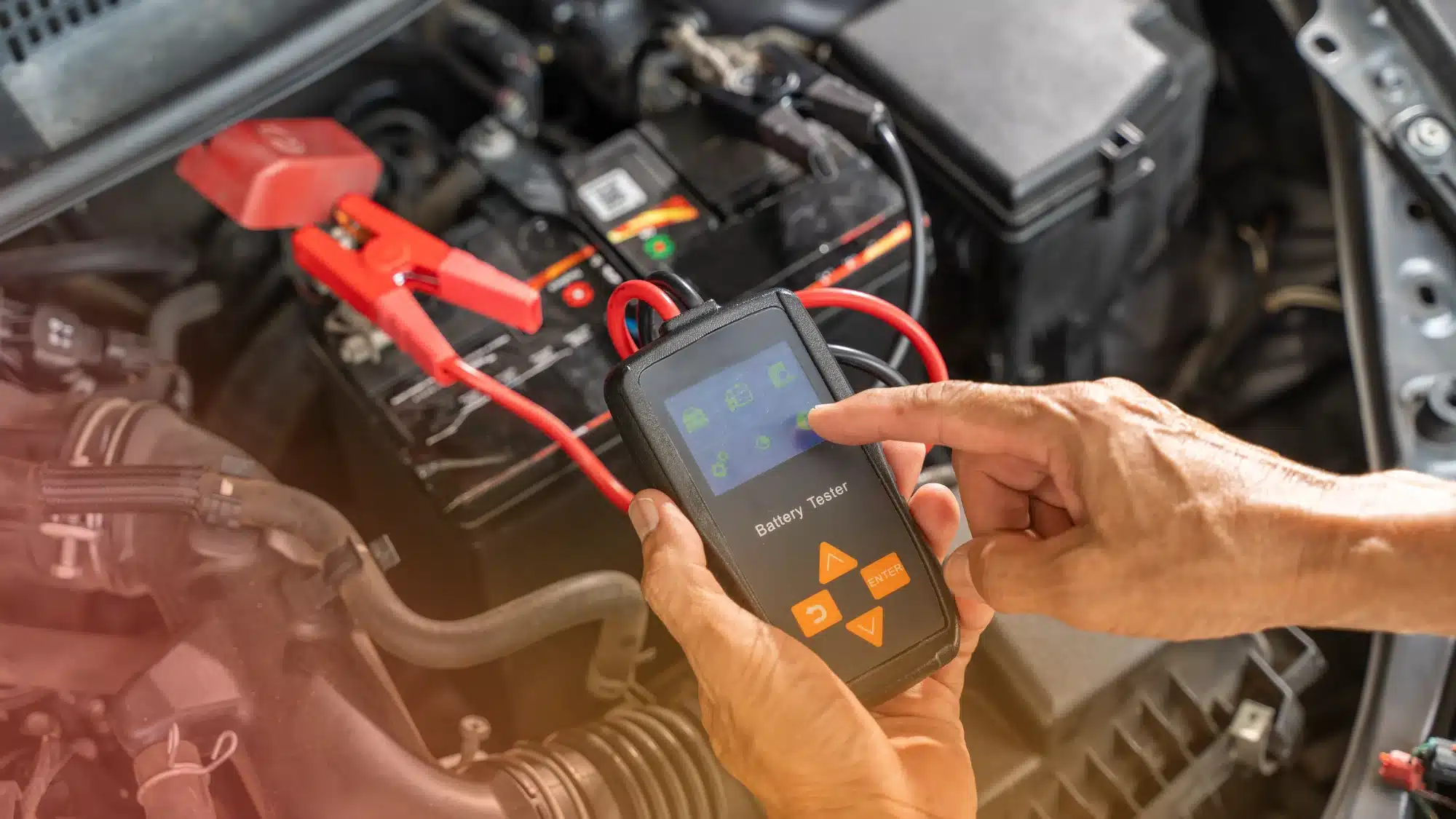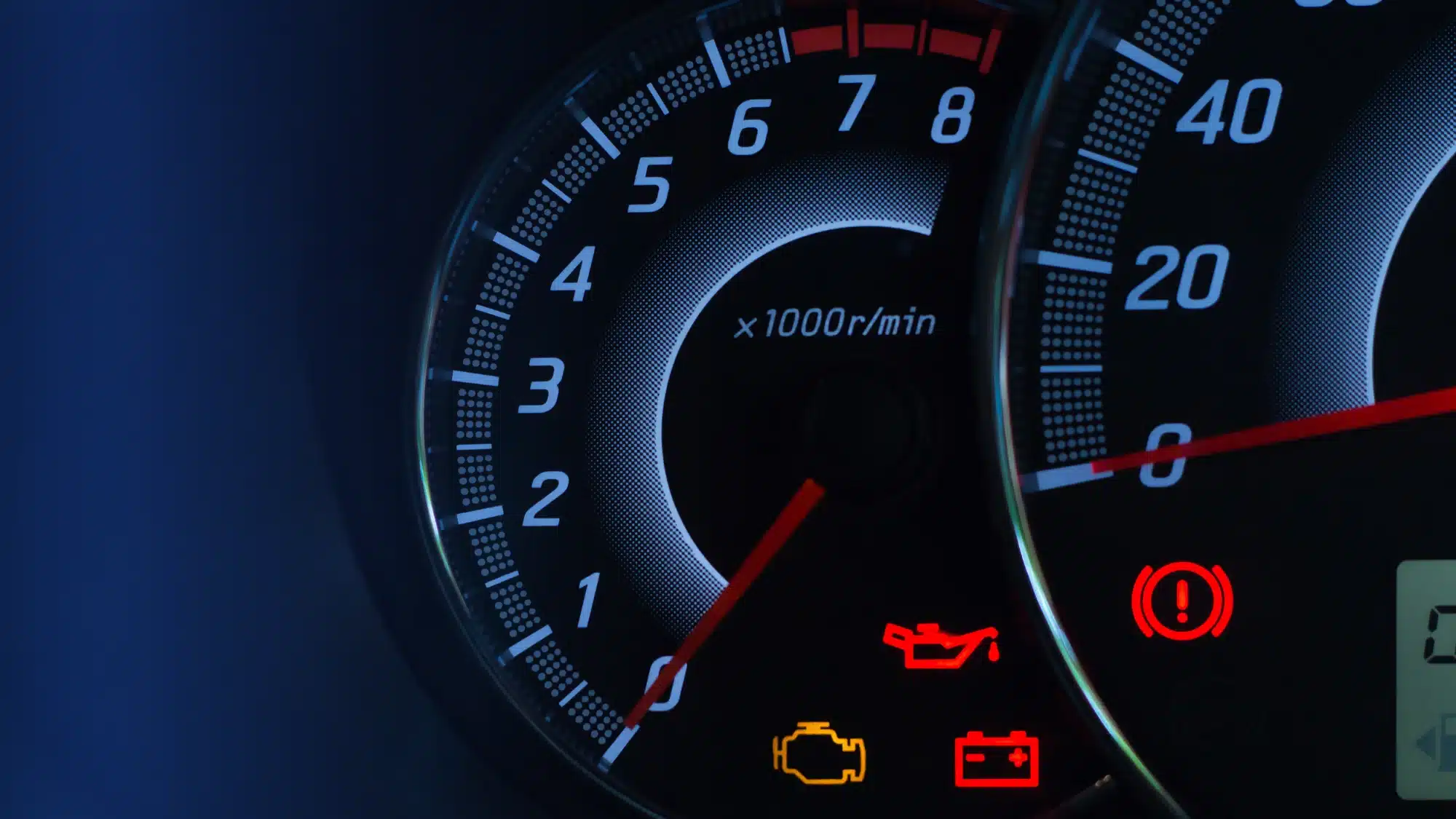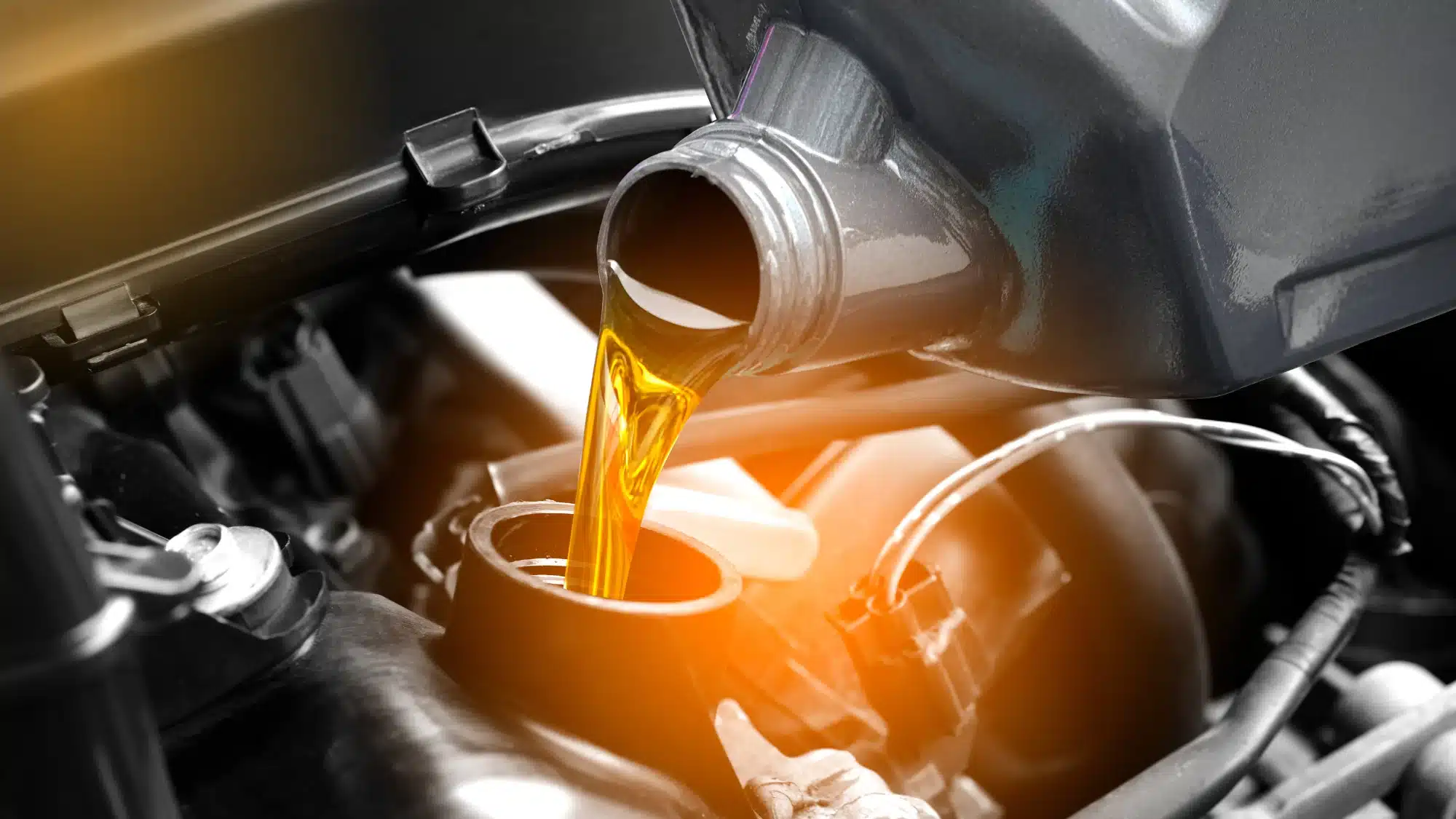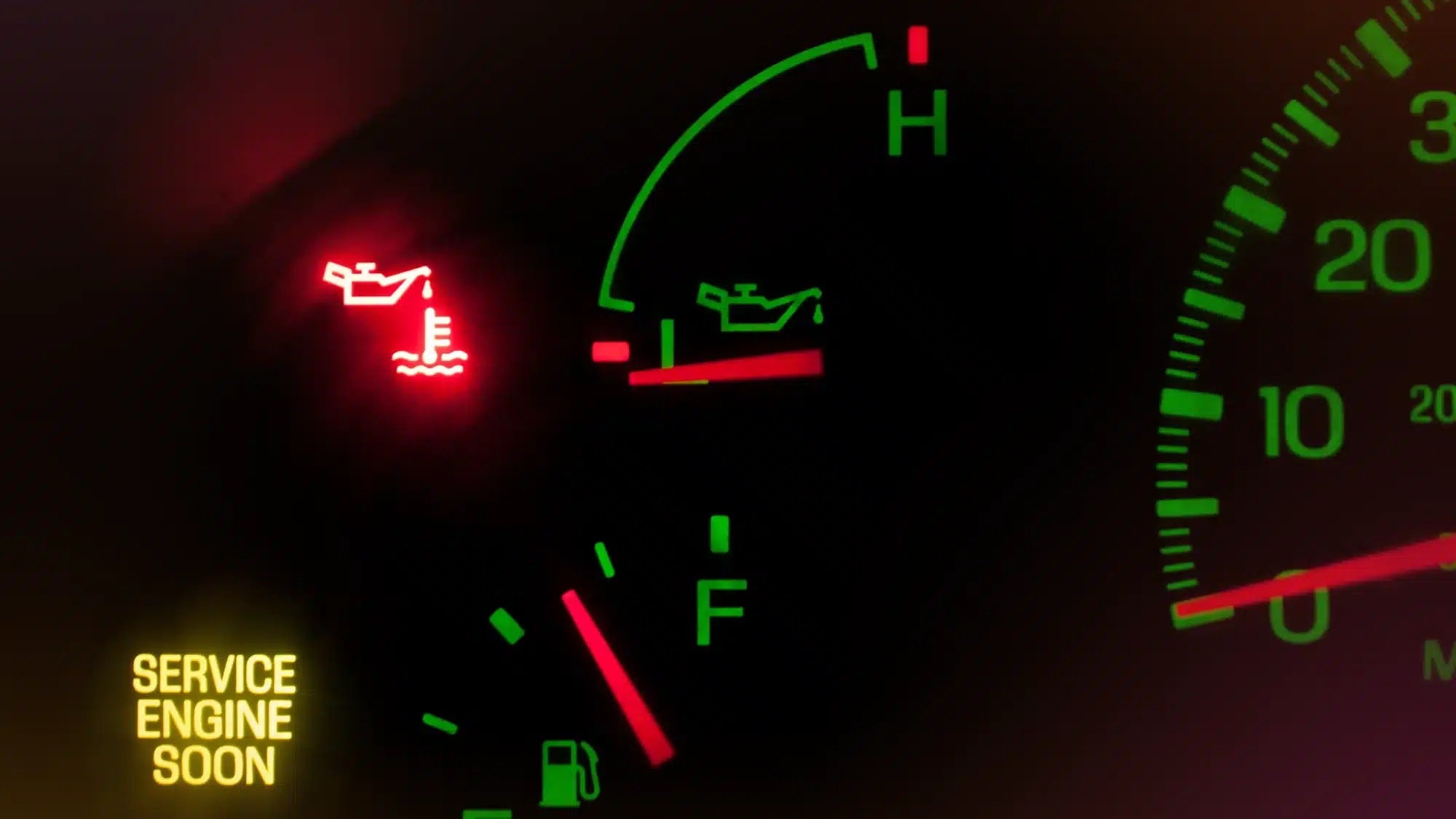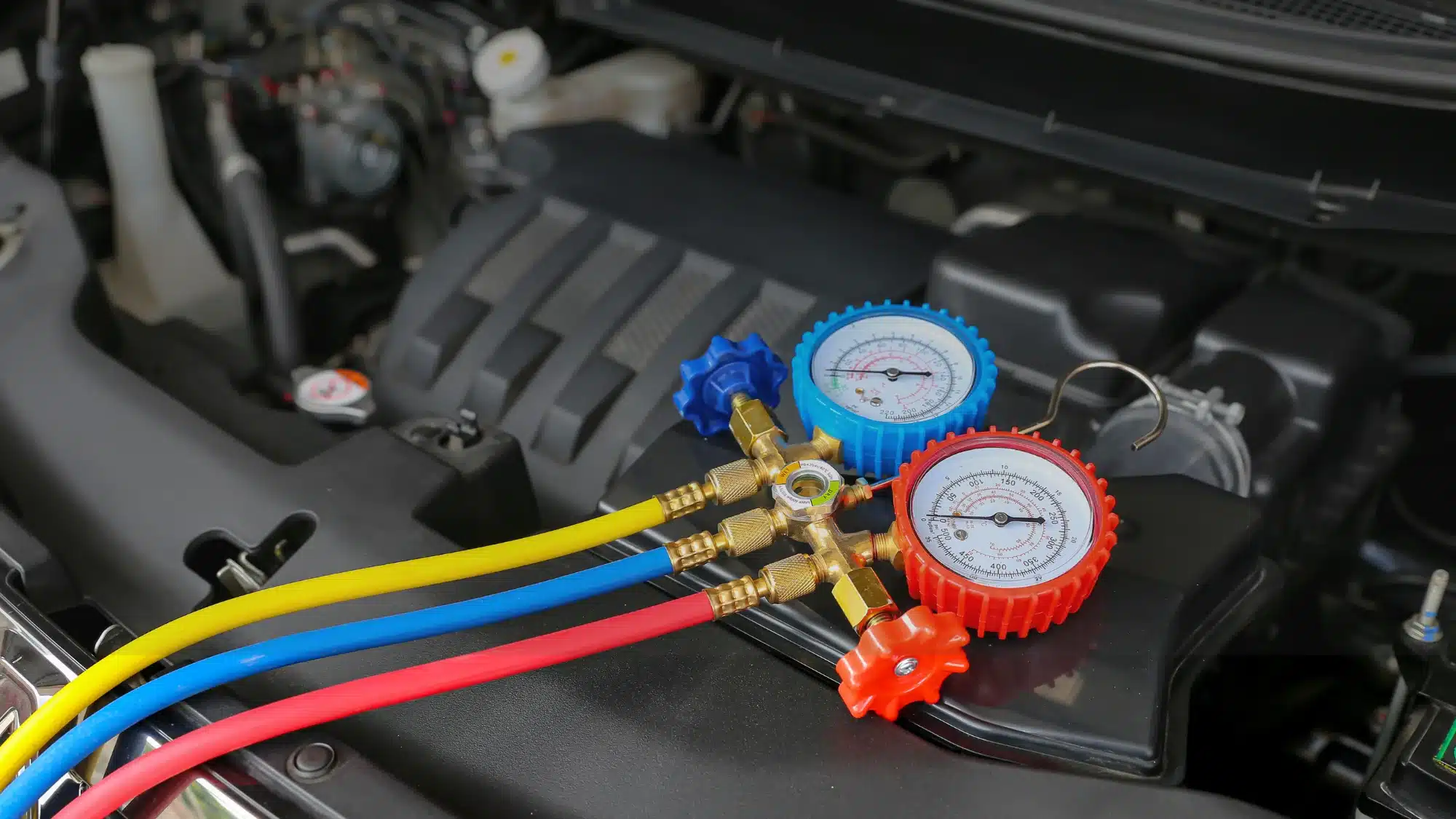There’s nothing quite like the frustration of turning your key on a freezing morning only to hear silence from under the hood. As temperatures drop, your car battery faces its most challenging season—not because cold creates the damage, but because it exposes existing battery weakness. Understanding how winter affects your battery and taking proactive steps now can mean the difference between a reliable start and being stranded in the cold.
Why Cold Weather Reveals Battery Problems
Your car battery relies on a chemical reaction between lead plates and sulfuric acid to generate electrical power. This process is temperature-sensitive, and cold weather dramatically slows it down. Here’s what happens when winter arrives:
Reduced Capacity and Power Output
In freezing conditions, a car battery can lose up to 50% of its strength. At 32°F, battery capacity drops by 20 percent, while at -22°F, capacity plummets by 50 percent. This capacity reduction directly impacts your battery’s ability to deliver the power needed to start your engine. A battery that performs adequately in summer may fail when temperatures plunge.
Increased Demands on a Weakened Battery
Cold weather creates a perfect storm of challenges. Engine oil thickens in low temperatures, requiring significantly more power to crank the engine. Simultaneously, you’re likely using more electrical components—headlights, heaters, defrosters, and seat warmers—all drawing power from a battery that’s already operating at reduced capacity. This combination puts extreme stress on an aging or marginal battery.
Slower Recharge Rates
When you drive your car, the alternator recharges the battery. However, this recharge rate is slower in lower temperatures, meaning you need to drive further to fully restore your battery’s charge for the next start. If you primarily drive short distances or leave your car parked for extended periods, this becomes a significant problem.
The Real Culprit: Summer Heat Damage
While cold weather gets blamed for battery failures, the truth is more nuanced. Excessive summer heat does most of the damage to your battery’s lifespan. For every 15 degrees Fahrenheit over 77°F, battery life is cut in half. This means that by the time winter arrives, your battery may already be compromised from months of heat exposure. Cold weather simply reveals this pre-existing weakness when your battery can no longer meet the increased starting demands.
How to Protect Your Battery Before Winter Arrives
Taking action now—before the coldest temperatures hit—can prevent frustrating morning no-starts and extend your battery’s life.
Keep Your Battery Clean and Dry
Dirt acts as a conductor that drains battery life, while corroded terminals increase insulation and inhibit current flow. Cold temperatures can cause condensation to form inside the battery, leading to additional corrosion. Regularly inspect your battery terminals and clean away any white, blue, or green corrosion. A clean battery operates more efficiently and handles cold-weather stress better.
Invest in Professional Battery Testing
If your battery is more than three years old or you’ve noticed sluggish starts, have it professionally tested before winter. A qualified technician can assess your battery’s health and recommend replacement if necessary. For drivers in the auto battery service Jupiter, FL area, professional testing ensures you’re not caught off guard by a dead battery on the coldest morning of the year. Early detection and replacement is far more convenient than emergency roadside service.
Use a Battery Conditioner or Intelligent Charger
If you tend to drive only short distances or leave your car parked for days at a time, a modern battery conditioner can help maintain optimal charge without overcharging. This is particularly beneficial during winter when recharge rates are naturally slower.
Minimize Electrical Load When Parked
Turn off all electrical components when you park your vehicle. Headlights drain a battery fastest, but interior lights and the radio can also deplete your battery if left on for hours. This simple habit becomes even more important during the winter months.
Consider Your Driving Patterns
If you primarily make short trips, your battery may not fully recharge between drives. During winter, when recharge rates are slower, this compounds the problem. Try to take longer drives periodically to allow your battery to reach a full charge, or use a battery conditioner to supplement the charging process.
When to Seek Professional Auto Battery Service
If you’re experiencing any of these warning signs, it’s time to visit a professional for auto battery service Jupiter, FL drivers trust:
- Slow engine cranking or clicking sounds when turning the key
- Dim headlights or interior lights
- The battery warning light on your dashboard
- Battery age exceeding three years
- Difficulty starting even in mild weather
A failing battery won’t improve as temperatures drop—it will only get worse. Professional service ensures proper diagnosis and timely replacement before you’re stranded.
The Bottom Line
Cold weather doesn’t create battery problems; it exposes them. By understanding how winter affects your battery and taking proactive maintenance steps now, you can avoid the frustration of morning no-starts and ensure reliable vehicle performance throughout the season. Whether you need battery testing, maintenance, or replacement, addressing battery health before the coldest temperatures arrive is always the smarter choice.
Don’t wait for a dead battery to ruin your morning. Carage Auto is here to help you prepare your vehicle for winter and keep you on the road, no matter what the temperature brings.
